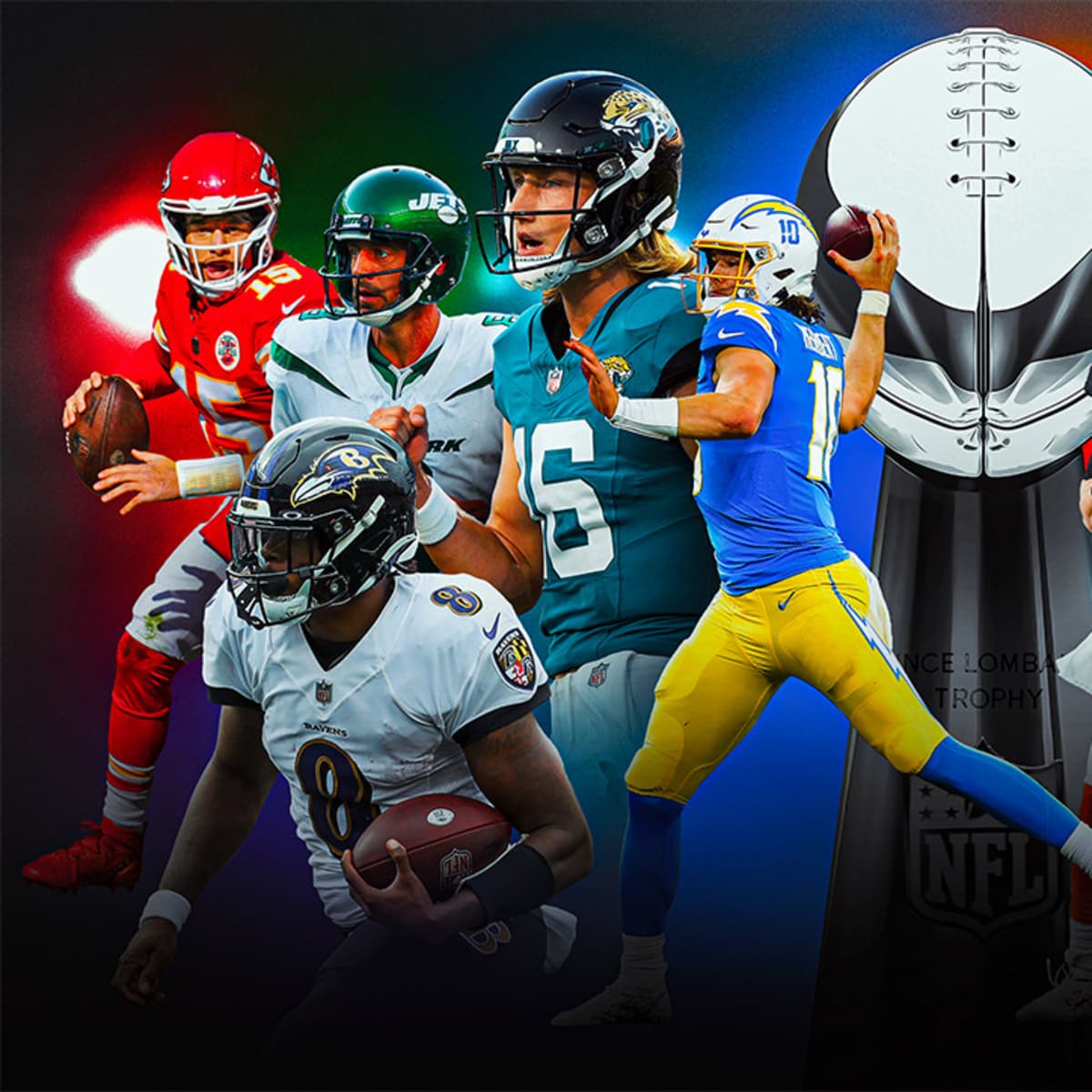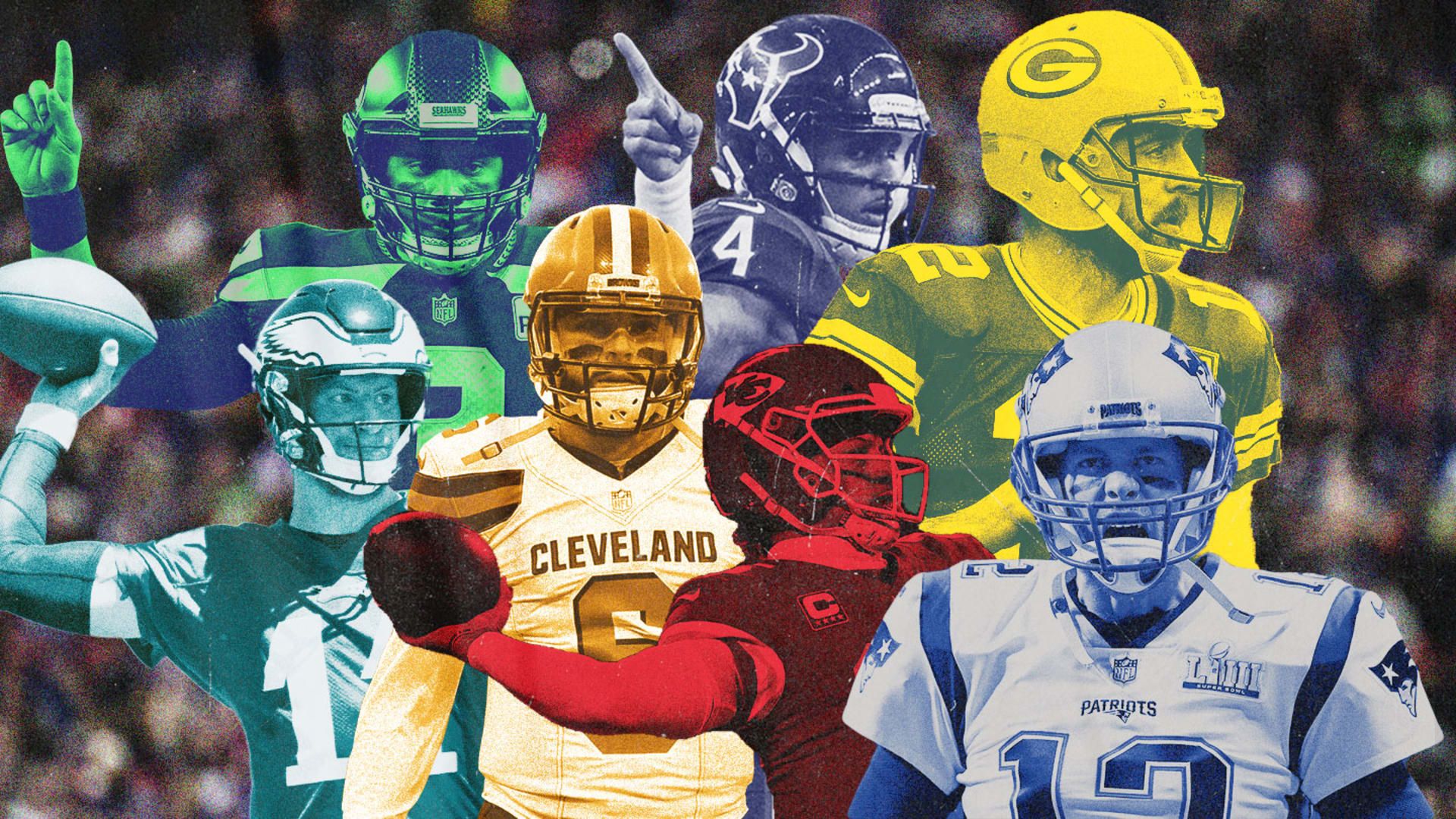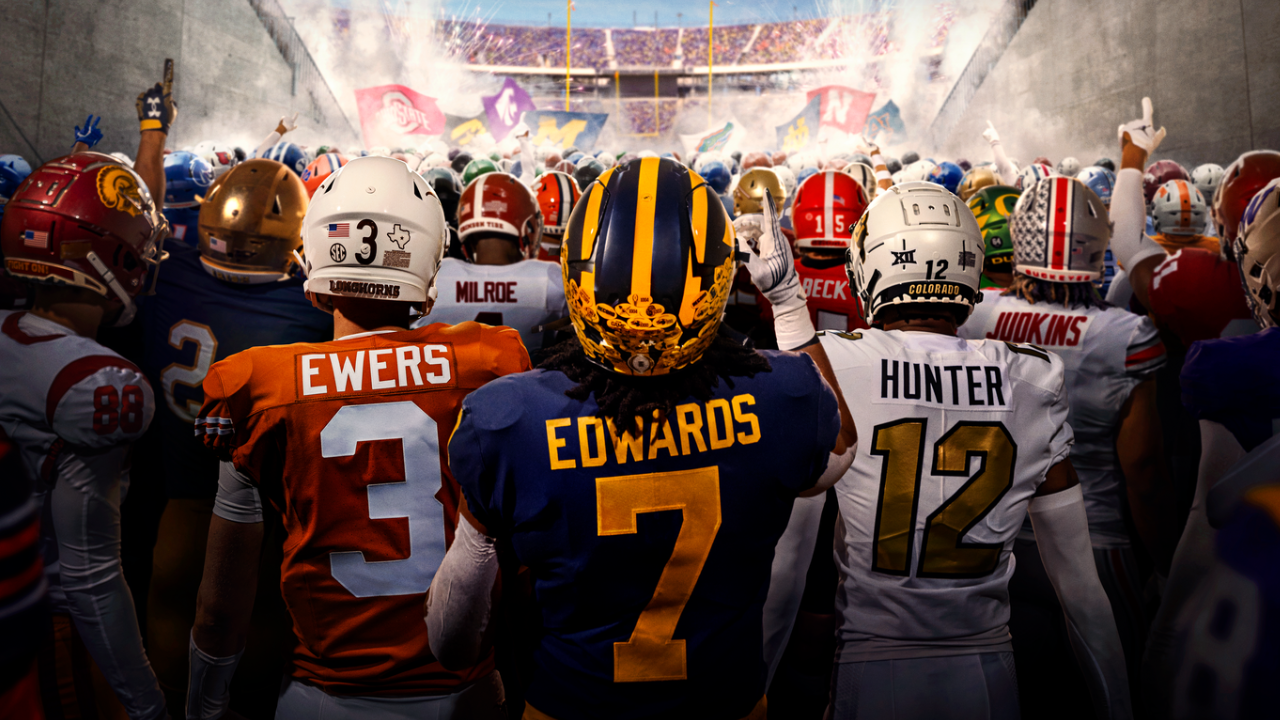Fantasy sports are more than just games—they tap into deep psychological elements that keep players coming back week after week.
One major factor is control. In real-world sports, fans are just spectators. But in fantasy leagues, they become decision-makers—drafting players, managing lineups, and competing against others. This sense of control over a virtual team adds a powerful emotional connection.
Competition is another key driver. Humans naturally crave competition, and fantasy sports offer a platform to test knowledge and instincts against friends, colleagues, or strangers.
There’s also the social aspect. Leagues often come with group chats, playful rivalries, and shared experiences that enhance friendships and spark fun debates. Even losses become part of the storytelling.
Lastly, the thrill of unpredictability keeps things exciting. No matter how well you prepare, anything can happen in sports. This unpredictability mirrors the highs and lows of real life, making each week a new adventure.



